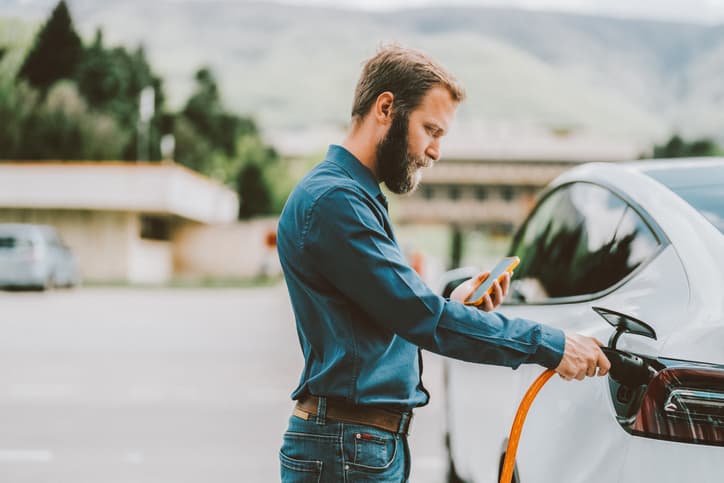
martin-dm/iStock/Getty images
How to Find the Best EV Charger
Written by Lisa Iscrupe
Edited by Hannah Hillson
Last updated 11/15/2022
Why trust SaveOnEnergy?
Learn MoreAt SaveOnEnergy, we work to offer accurate information with editorial integrity.Our partners do not direct our editorial content, though we may reference their products in our posts. Read more about how we make money.
Key Points
- The best EV chargers cost between $400–$900.
- Chargers are designated as either Level 1, Level 2, or Level 3.
- EV chargers qualify for the 30% federal tax credit plus $1,000 toward installation.
EV charger FAQs
EV chargers are expensive, typically ranging from $400 to $900. However, recent data from Yardeni Research shows the annual household now spends about $5,000 per year on gasoline, making an EV charger an economical choice.
A residential Level 2 charger can fully charge an EV from empty in 3 to 8 hours, which is why most EV owners charge their cars overnight. The exact time will depend on your vehicle. For average commutes, you only need to charge your car every other day or just top off the battery at night.
Yes. After the initial investment, a home EV charger will provide a quick return on investment because the cost of home charging is cheaper than paying for gasoline for an internal combustion engine (ICE) vehicle or using a public EV charging station that charges fees.